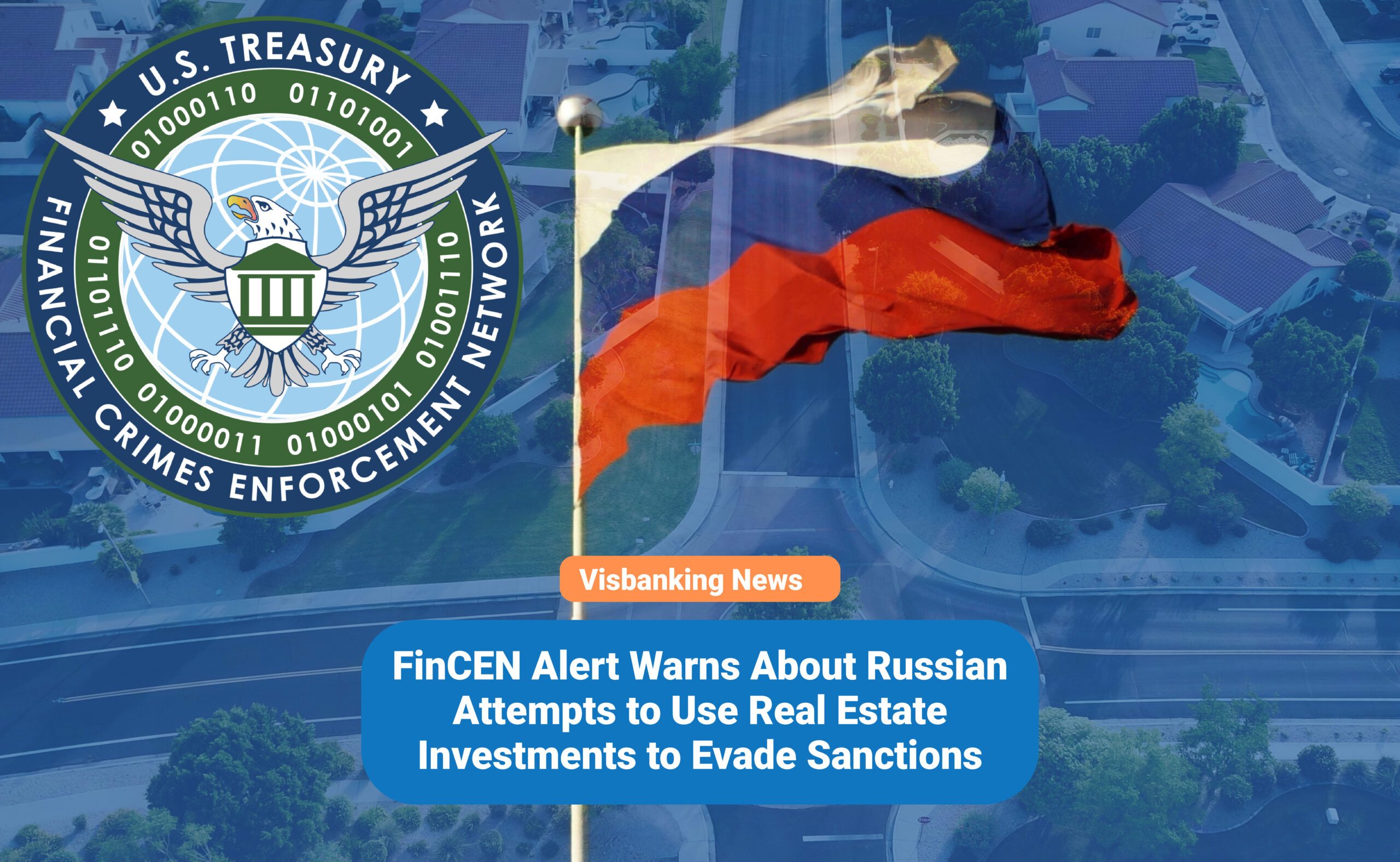Estimated reading time: 3 minutes
A new alert issued by the Financial Crimes Enforcement Network calls on financial institutions to be on the lookout for any attempts by sanctioned Russian elites to use commercial real estate investments to evade U.S. sanctions. According to the alert, which was published on January 25, banks and other financial entities should remain vigilant so that they can identify any potential attempt at sanctions evasion and report it to the appropriate authorities.
“This alert provides financial institutions with guidance on identifying potential sanctions evasion activity in the CRE sector by providing potential red flags and typologies related to this activity. It also reminds financial institutions of their BSA reporting obligations and, for certain institutions, their customer due diligence (CDD) obligations.”
A similar alert was issued in March last year, warning of sanctions evasion that could include both commercial and residential real estate purchases. The most current warning comes on the heels of an agency review of Bank Secrecy Act reporting, which apparently identified potential weaknesses that sanctioned entities could use to potentially evade sanctions.
The alert notes that the commercial real estate market is particularly vulnerable to potential exploitation by these actors because of opaque ownership structures and “complex financing methods.” Those transactions often include shell companies, trusts, or other legal entities as buyers and/or sellers, due to the need for the parties involved in the sales to limit their liability.
In addition, many of those legal entities are registered and domiciled outside of the U.S., and the ownership and investment makeup of the entities can be hard for banks to track. FinCEN cautioned financial entities to be aware of the potential for sanctioned Russian elites to hide their ownership in such entities by “decreasing their percentage of ownership in an investment” to an amount that would not trigger a bank’s customer due diligence protocols.
CRE investments make an attractive target for sanction evaders who may be looking for opportunities that offer an easy option for storing wealth in an investment vehicle that continues to generate regular income.
The alert pointed to a number of red flags that may be signs that a transaction could be used for sanction evasion, including:
- The use of a private investment vehicle that is based offshore to purchase CRE and that includes PEPs or other foreign nationals (particularly family members or close associates of sanctioned Russian elites and their proxies) as investors.
- When asked questions about the ultimate beneficial owners or controllers of a legal entity or arrangement, customers decline to provide information.
- Multiple limited liability companies, corporations, partnerships, or trusts are involved in a transaction with ties to sanctioned Russian elites and their proxies, and the entities have slight name variations.
For a full list of those red flags and other relevant details, read FinCEN’s complete alert here.




